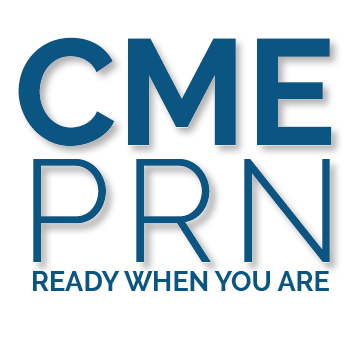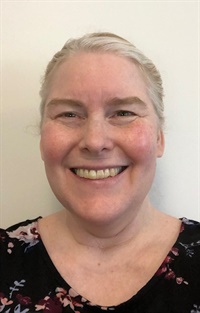
Total Credits: 1 including 1 AMA PRA Category 1 Credit(s)™, 1 AOA Category 1-A Credit(s)
This program will expire and must be completed by 10/12/24.
*** Please note this program will also be found as part of the 8-Credit program Simply CME #4: A Potpourri of Topics for the Practicing Physician. If you have already completed Simply CME #4, you will not want to choose this program. If you want to learn more about Simply CME #4: A Potpourri of Topics for the Practicing Physician, choose “Media Types” above and select “Classroom.” ***
This presentation includes a review of providing care to multicultural patients. It also provides an introduction to Trauma-Informed care, how to recognize traumatized patients, and the stages of Trauma-Informed care.
Learning Objectives:
Accreditation Statement:
Missouri Association of Osteopathic Physicians and Surgeons (MAOPS) is accredited by the American Osteopathic Association (AOA) to provide osteopathic continuing medical education for physicians. MAOPS designates this program for a maximum of 1 AOA Category 1-A CME credits and will report CME and specialty credits commensurate with the extent of the physician’s participation.
The Missouri Association of Osteopathic Physicians and Surgeons (MAOPS) is accredited by the Accreditation Council for Continuing Medical Education (ACCME) to provide continuing medical education for physicians.
The Missouri Association of Osteopathic Physicians and Surgeons (MAOPS) designates this enduring activity for a maximum of 1 AMA PRA Category 1 Creditsä. Physicians should claim only the credit commensurate with the extent of their participation in the activity.
Planning Disclosure:
None of the planners for this educational activity have a relevant financial relationship(s) to disclose with ineligible companies whose primary business is producing, marketing, selling, re-selling, or distributing healthcare products used by or on patients.
Grievance Policy for AOA Credit:
All grievances should be in writing and should specify the nature of the grievance. Initially, all grievances should be directed to MAOPS Executive Director, who will then forward said grievance to the Education & Convention Committee. All grievances will receive an initial response in writing within 30 days of receipt. If the participant does not receive a satisfactory response, they can submit a complaint in writing to the Bureau of Osteopathic Education of the AOA at 142 East Ontario Street, Chicago, IL 60611.
| Trauma-Informed Care in Practice (2.72 MB) | 69 Pages | Available after Purchase |

Dr. Kelley Joy is Vice-Chair and Associate Professor in Osteopathic Manipulative Medicine for Kansas City University College of Osteopathic Medicine in Joplin, Missouri, where she teaches clinical skills to all medical students, especially those in years one and two. She is board certified in Family Medicine and OMT by the American Board of Osteopathic Family Physicians and Osteopathic Neuromusculoskeletal Medicine by the American Osteopathic Board of Neuromusculoskeletal Medicine. She graduated from Oklahoma State University – College of Osteopathic Medicine, where she developed a passion for all aspects of medicine. This led her to choose a combined Family Medicine and Osteopathic Neuromusculoskeletal Medicine residency at Northeast Regional Medical Center in Kirksville, Missouri.
After completing her residency in Family Medicine and Osteopathic Neuromusculoskeletal Medicine at Northeast Regional Medical Center in Kirksville, Missouri, Dr. Joy started a private practice in Pryor, Oklahoma, close to her childhood home in southeast Kansas. She found joy in providing complete family care, from delivering babies to geriatric care. After several years of practice, Dr. Joy discovered her second passion: teaching. She joined the Oklahoma State University – College of Osteopathic Medicine faculty as an Assistant Professor. This opportunity combined her love of caring for patients while inspiring and educating the nation's future physicians.
In 2017, she moved to her current position at KCU. She lives with her family in Joplin, Missouri. In her free time, she enjoys reading and quilting.
Dr. Joy discloses that she has no relevant financial relationships with any organization producing, marketing, reselling, or distributing healthcare goods or services consumed by or used on patients relative to the content of this presentation.
| 5 |
|
| 4 |
|
| 3 |
|
| 2 |
|
| 1 |
|